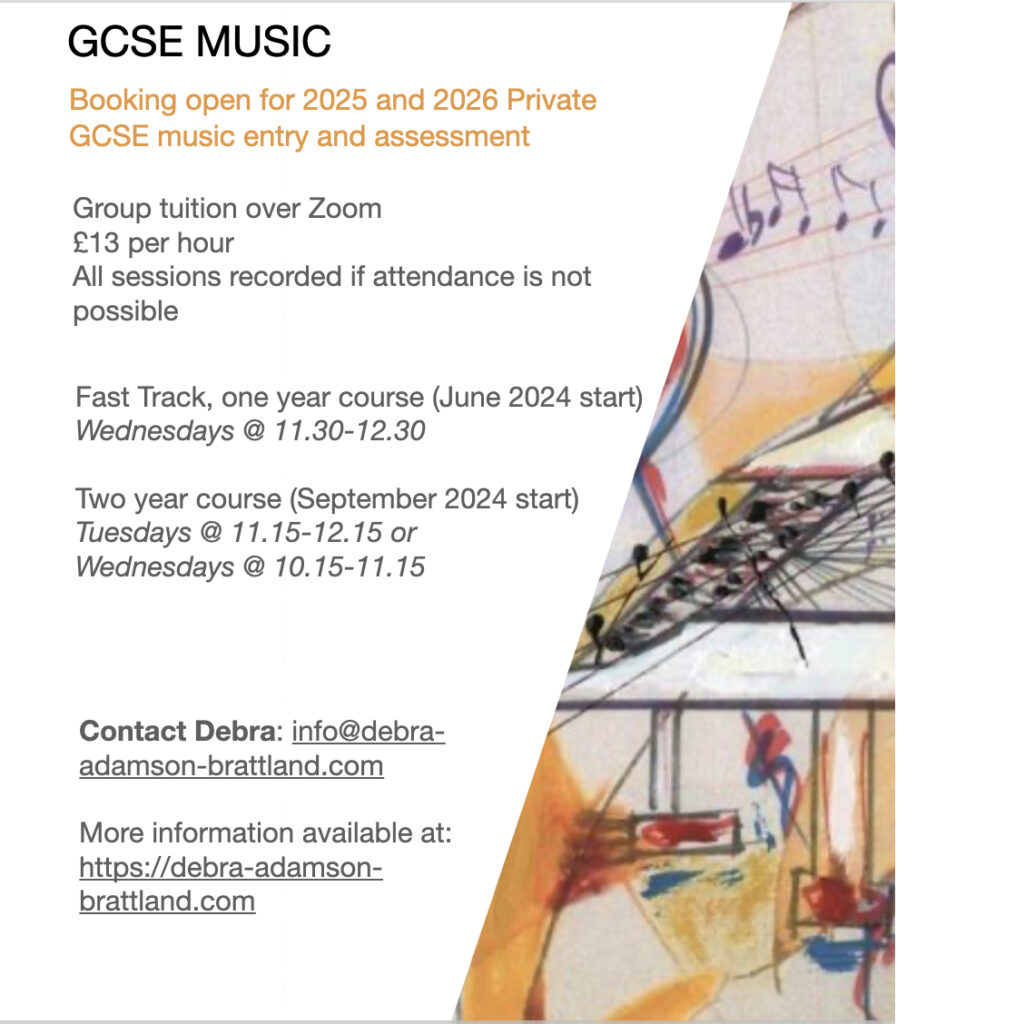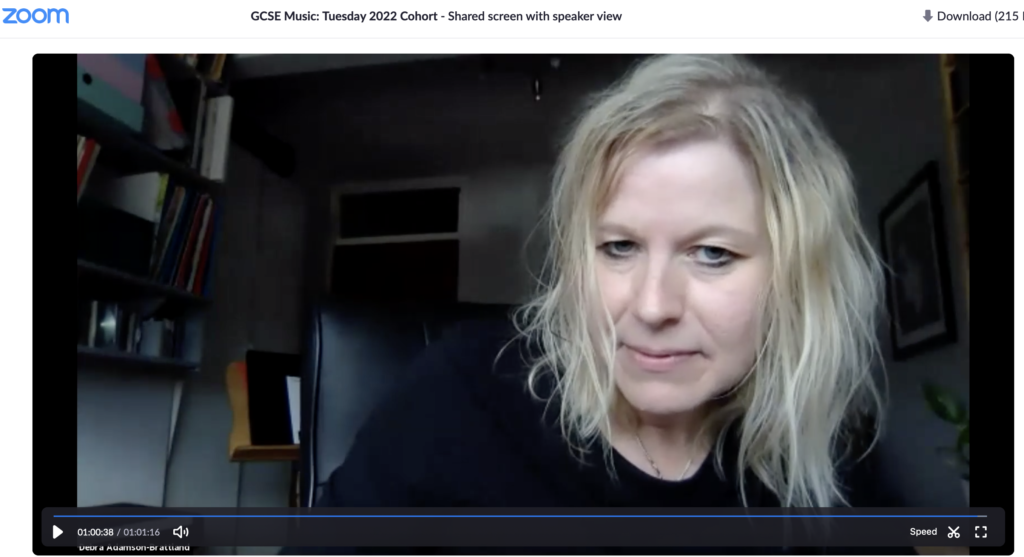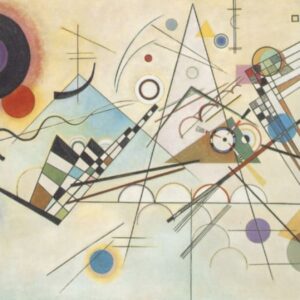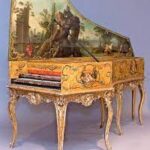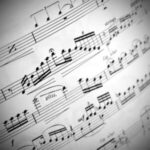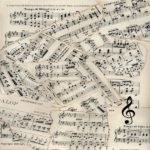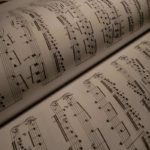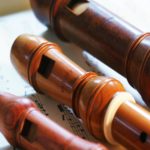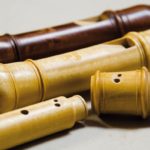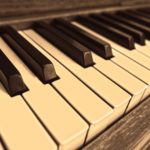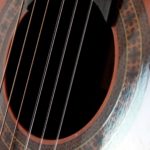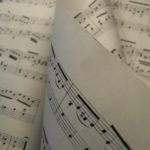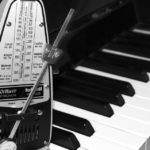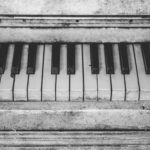GCSE Music
The GCSE Music course attracts talented young musicians from all over the country, many who attend the junior departments of the Royal College and Royal Academy of Music. Individual and group lessons available online and face-to-face.
RESULTS
2022: 82% (Grade 7-9, 22 entries), 2021: 85% (grade 7-9, 13 entries), 2020: 72% (grade 9), 2019: 43% (grade 9)
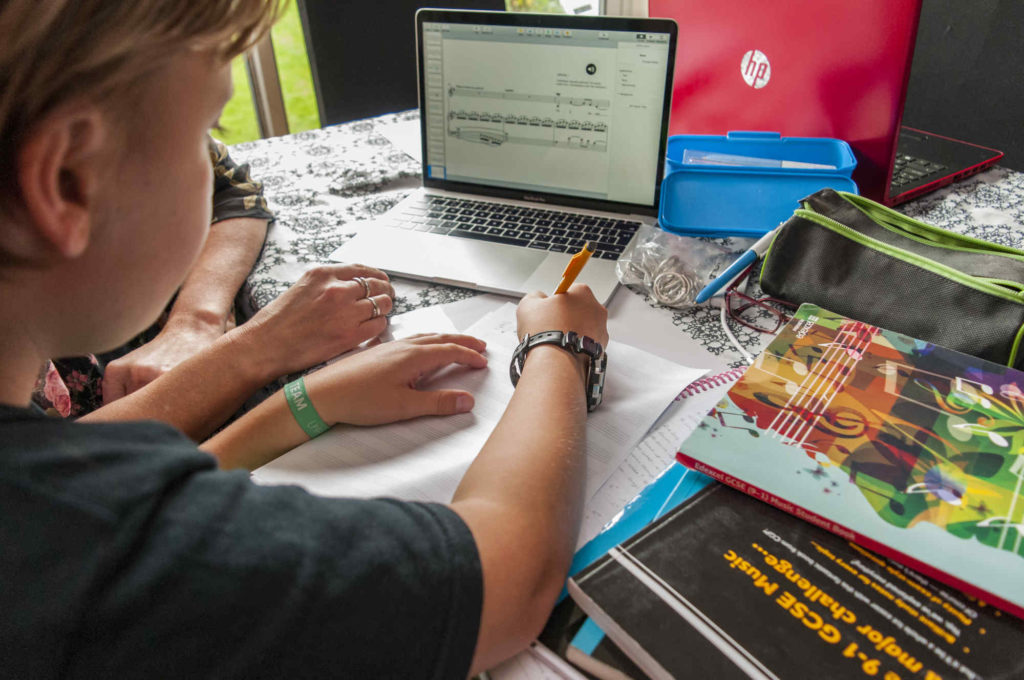
The Edexcel specification is followed and the qualification is attained through Faregos Home Education Exam Centre, Hampshire, UK, Tutor and Exams or ARC Exams. It is also possible for children who attend school to sit GCSE Music privately. Please note I am only able to assess students on my courses due to the teacher supervision required for the composition coursework. Assessment deadlines are 1st February (performances) and 1st March (compositions) in the academic year in which the qualification is taken.
One, two and three year options are available. My one year, Fast Track course (June start) usually attracts advanced students with good pre-existing skills (Grade 5 and above). The two year course has a September start. Both individual and group lessons are available. To study over three years, students join the two year course and then transfer to the Fast Track course for their final year.
60% of the course is coursework; performing and composing. For performance, the standard level of difficulty for GCSE Music is Grade 4, although pulling off Grade 5 standard pieces well has its benefits. Students are required to perform as a soloist, plus in an ensemble setting (30% weighting). The total performance submission is a minimum of four minutes. The performance aspect of the course is mainly worked on with the student’s instrumental/vocal teacher.
Students also submit two compositions totalling three minutes (30% weighting). One composition is free choice and the other is in response to a brief released by Edexcel. Students start their coursework following initial exercises and trial compositions exploring how to achieve musical coherent and develop musical ideas. During the two year course, coursework would usually start after two terms of tuition. For the fast track course, the coursework would start after the first block of six lessons. The course is fully supported by a series of composing guidance videos. Students may spend as many hours as they wish on their compositions, but the final write-up of the compositions is completed under teacher supervision, alongside the continuous teacher supervision they receive as one of my students. The music software package Sibelius or Musescore is required and there are free versions available.
The remaining 40% is a listening paper where eight set works are studied appealing to a range of musical tastes. The focus is very much on musical elements (i.e. DR SMITH – Dynamics …Rhythm, Metre and Tempo…Structure…Melody…Instrumentation…Texture…Harmony and Tonality) alongside context and musical language (i.e. terminology). The paper consists of short answer questions, music dictation, unfamiliar listening related to set works and an extended response.
I provide all course material (i.e. study guides with integrated scores and recordings) such as study guides for each set work, alongside a series of posters capturing the relevant points. There will be a strong focus to begin with on acquiring the necessary subject specific terminology. Once this has been achieved, students usually find the listening paper straightforward to access.
To request a place, please contact Debra at info@debra-adamson-brattland.com
